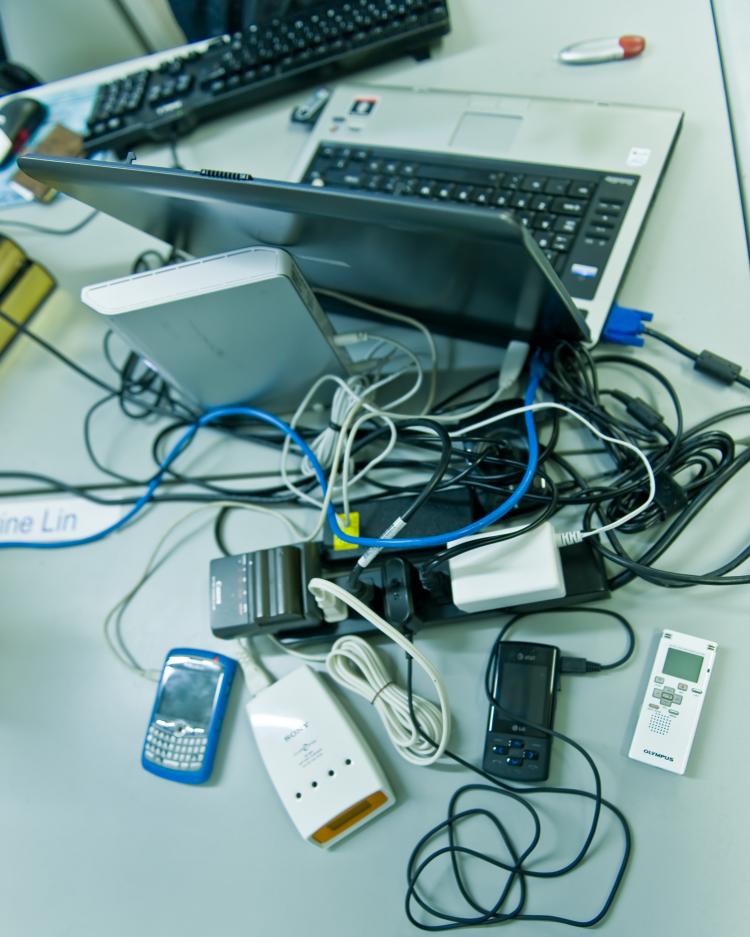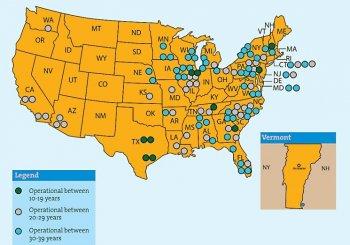The National Science Foundation (NSF) has recently awarded funding for “green” research. Last month, NSF awarded a five-year grant totaling $24.5 million to the University of California, Berkeley to develop a research center that could reduce the power that electronics such as laptops consume by a million-fold.
Energy Efficiency Research Institute Gets $24.5 Million
The National Science Foundation (NSF)has recently awarded funding for “green” research.

Electrical Gadgets Epoch Times
|Updated:



